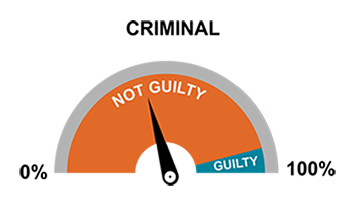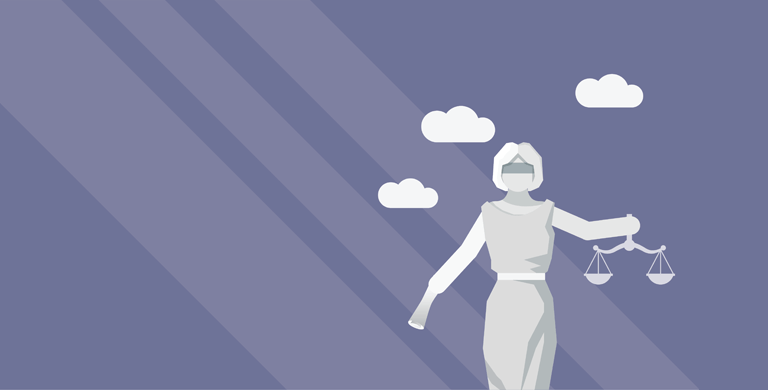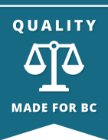Who is involved
Although a crime may be committed against one or more persons, it is considered an injury to the public, the state, or society as a whole. That is why a criminal case will be called Regina v. Smith, for example. Regina means Queen, and the Queen is Canada’s head of state.

In criminal cases, the person accused of a crime is the “accused” and the party prosecuting the crime is called “Crown Counsel” because they represent the state and society as a whole. Victims of crimes are not parties to criminal cases and the Crown Counsel do not represent them.
The accused can be self-represented, but are more often represented by criminal defence lawyers or “Defence Counsel” that they either hire privately or are provided for free by Legal Aid. Defence Counsel’s role is to advise and assist their client and ensure that their rights are protected.
Types of Issues
Crimes are acts that break criminal laws. Criminal laws are written down in Canada’s Criminal Code, as well as some other laws like the Controlled Drugs and Substances Act. Examples of crimes include:
- theft,
- assault,
- fraud, and
- murder
How it starts
Criminal cases usually begin with a police investigation. If the police think they have enough evidence they will send the evidence to Crown Counsel. Crown Counsel will review the evidence and then decide if there is enough evidence. They will also decide whether it is in the public interest to pursue charges. If they decide to, the Crown “lays” charges against the accused (although in some provinces, the police are the ones who lay charges).
What’s at Stake
Someone accused of a crime risks gaining the stigma of a criminal record and possibly going to jail if found guilty. A criminal conviction can have a significant impact on the person’s life both in the short term and long term, as their freedom, job prospects, ability to travel and more may be affected. The type of punishment is determined by a judge and can range from a “discharge”, where the accused does not even receive a criminal record, to a fine, to community service, to jail. The maximum sentence in Canada is life in prison without a chance of parole for 25 years.
Who decides
Most criminal cases are decided by a judge alone. However some more serious criminal cases may have a group of members of the public called a “jury” as well a judge making decisions. In criminal jury cases, the jury will decide whether to find the accused guilty, but a judge will decide what the punishment will be and what evidence the jury is allowed to hear.
Protection from wrongful conviction
Criminal convictions are very serious because it could involve taking away someone's freedom. Even if someone is not sent to jail, the stigma of a criminal record can seriously affect their life. To make sure no one is convicted of crimes they did not commit, there are number of safeguards, including:

- Proof Beyond a Reasonable Doubt: To find someone guilty of a crime, the judge or jury must find that the accused committed the crime "beyond a reasonable doubt". Beyond a reasonable doubt means the standard of proof is close to absolute certainty but does not mean it has to be 100% certain. It is a higher standard than in civil law.
- The Presumption of Innocence: One of the most important principles under Canadian law is the principle of “presumption of innocence”. The principle is protected by the Charter of Rights and Freedoms and means that the accused is presumed innocent until proven guilty. It is why we refer to people who are charged with a crime as the “accused” and not the “criminal”. It is also why the Courts may release people before the trial (often called “bail”) on even serious charges.
- Burden of Proof on the Crown: The entire burden of proving that an accused is guilty is on the Crown Counsel. The accused does not have to prove they are innocent.
- Crown’s Duty to Disclose: The Crown must give the accused all information that is not clearly irrelevant, even (and especially) if the material may help the accused’s case. This is so the accused can be fully aware of the case against them and are able to prepare. The accused does not have to give the Crown any information, with a few exceptions. The accused does not have to testify at trial if they do not want to. They have the right to remain silent, meaning they do not have to speak to Crown Counsel or the Police.





